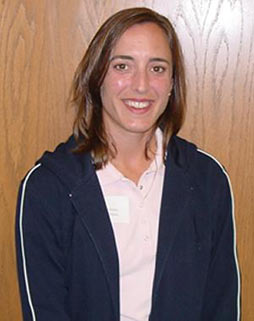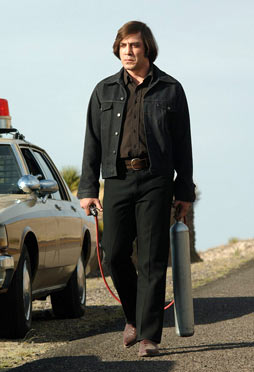By Shamarcus Jackson/reporter
Interest in American criminals such as Al Capone, Nikki Barns, John Gotti and Frank Lucas has expanded through film, television and music. American Gangster, a show on the cable network channel BET, and the rap album of the same name are indicators of the expanding American Gangster theme in the United States.
The 2007 Ridley Scott film American Gangster depicts the life of the former drug trafficker Frank Lucas in the 1970s. The film grossed more than $43 million in its opening week.
Darryle Brown, TCC student, has noticed the trend both locally and nationally.
“I think that the movie did so well because people love to hear story about gangsters,” he said.
Brown collects gangster-themed films.
“Movie-makers make films about criminals to show us that no one is above the law,” he said. “In all the movies I’ve seen about legendary gangsters, they all end up dead or in jail.”
One effect of this film is Rapper Jay-z’s album American Gangster. In a rcent MTV interview, Jay-z told about the period of time when breaking laws was his way of life before he became “a legitimate citizen.” Some rappers have chosen the names and persona of famous gangsters to foster the connection to this pop culture fascination.
TCC student Dewitt Kindred said he listens to a lot of rap music.
“I think rappers use the names of real gangster and thugs because they want to portray that kind of life style in their music,” he said.
50 Cent, who took his name from a gangster from his old neighbor, and Rick Ross, who took his name from Los Angeles drug trafficker Ricky Ross, are among those rappers. Entertainers apparently believe it is necessary to mimic the lives of gangsters because that’s what interests their listeners.
The popularity of fictional stories about gangsters such as Scarface and The Godfather is another indication that movie watchers enjoy hearing stories of individuals disobeying the law.
Prosper Nwokocha, a young black man who studied sociology at Columbia University, has seen the influence of the American gangster movement among his peers.
“You are a product of your environment,” he said.
Nwokocha said he thinks the gangster life appeals to many different groups of people.
“People that grow-up in these types of places that produce people like Frank Lucas are the main group of people who are interested in the American Gangster life style,” he said.
Since the word American typically produced good reactions from people, the phrase American Gangster could be considered somewhat of an oxymoron.
“The term American Gangster is catchy in itself,” Kindred said. “That’s why you see it everywhere.”
The fascination with being a gangster has been a serious issue among young people in urban communities for years. Certain activists/celebrities like Bill Cosby and Sean Combs have worked to show the urban community that being an American gangster is not the only opportunity available to them in this world.
Some of the younger people entertained by the products of the American gangster movement might find it hard to realize these individuals are human, just like everyone else.
In a interview with Ayana Harry of ABC’s World News with Charles Gibson, Francine Lucas, Lucas’s daughter, said, “What I remember about my father growing up was that he was just like any other father.”
The fantasy portrayed by rappers and the music and film industries does not always match the reality.
But the track record of this type of entertainment shows its popularity is steadily growing.

























